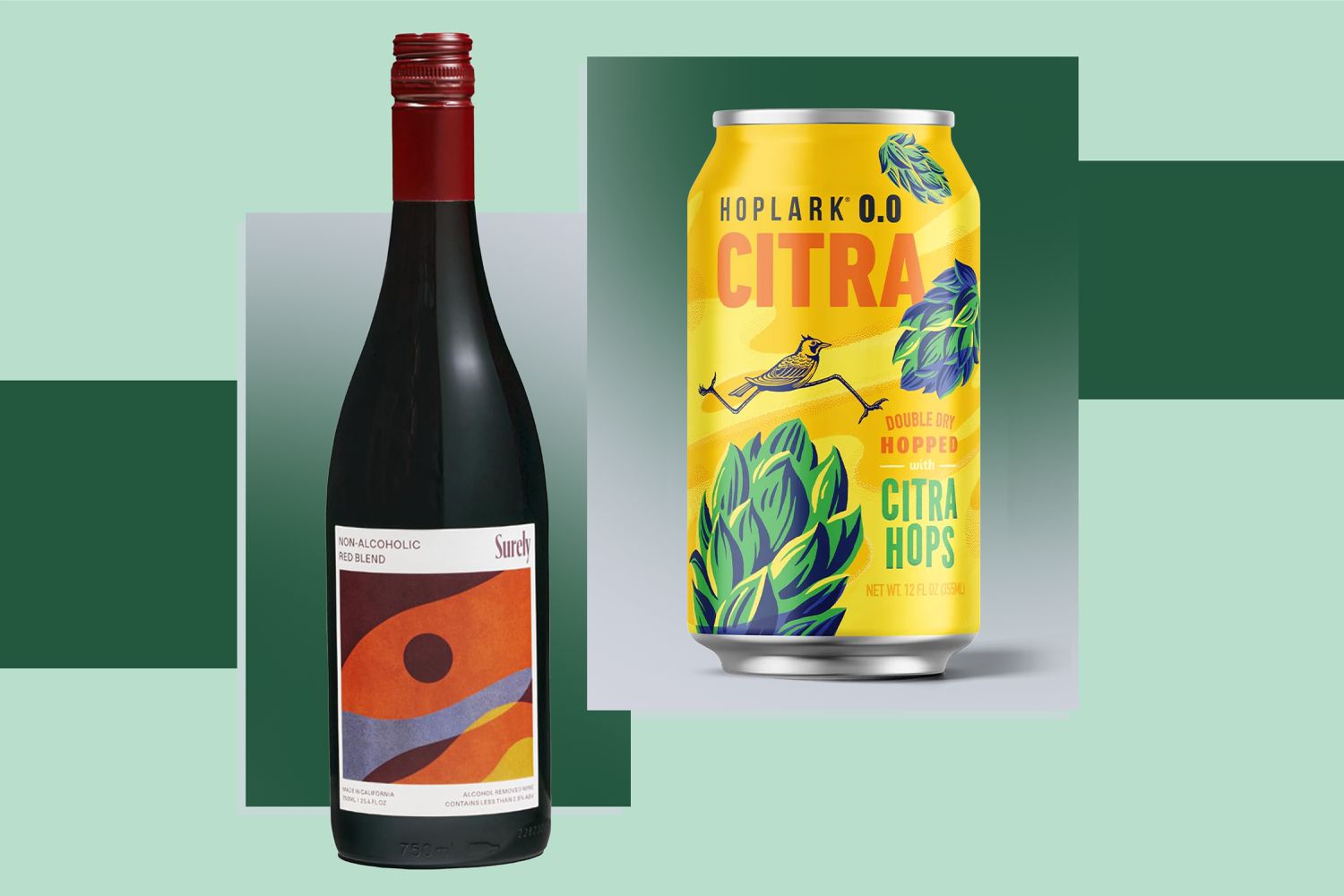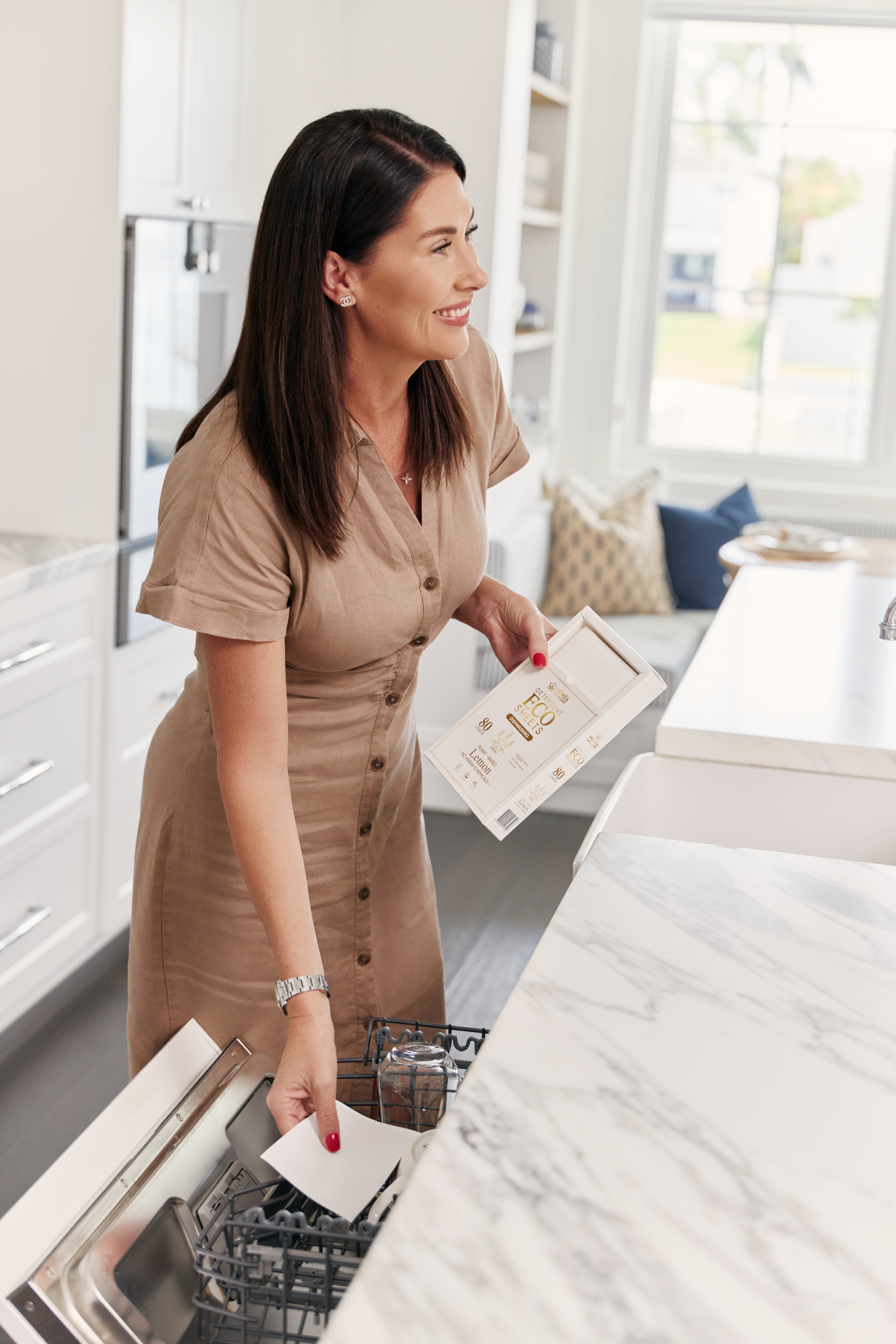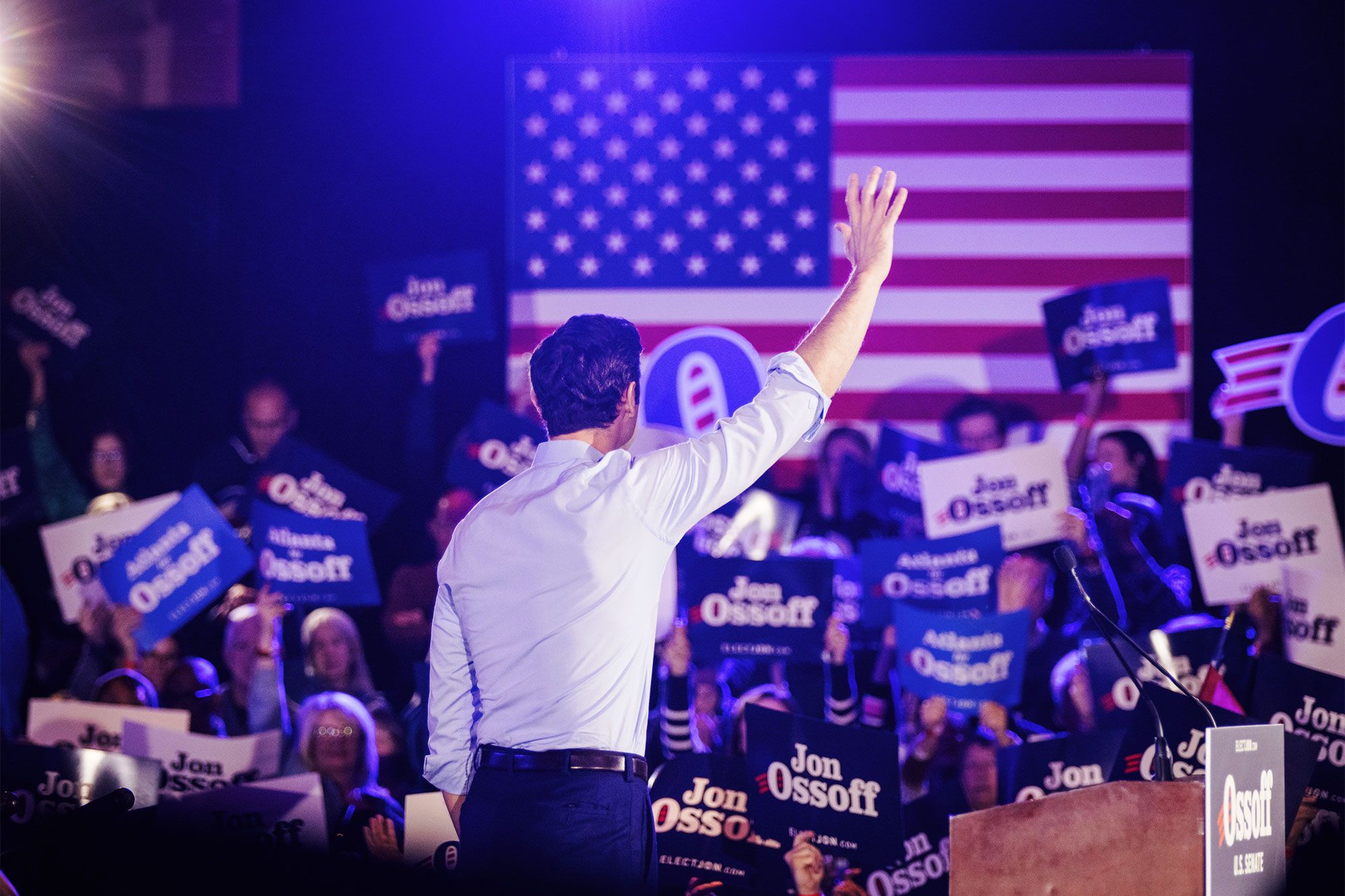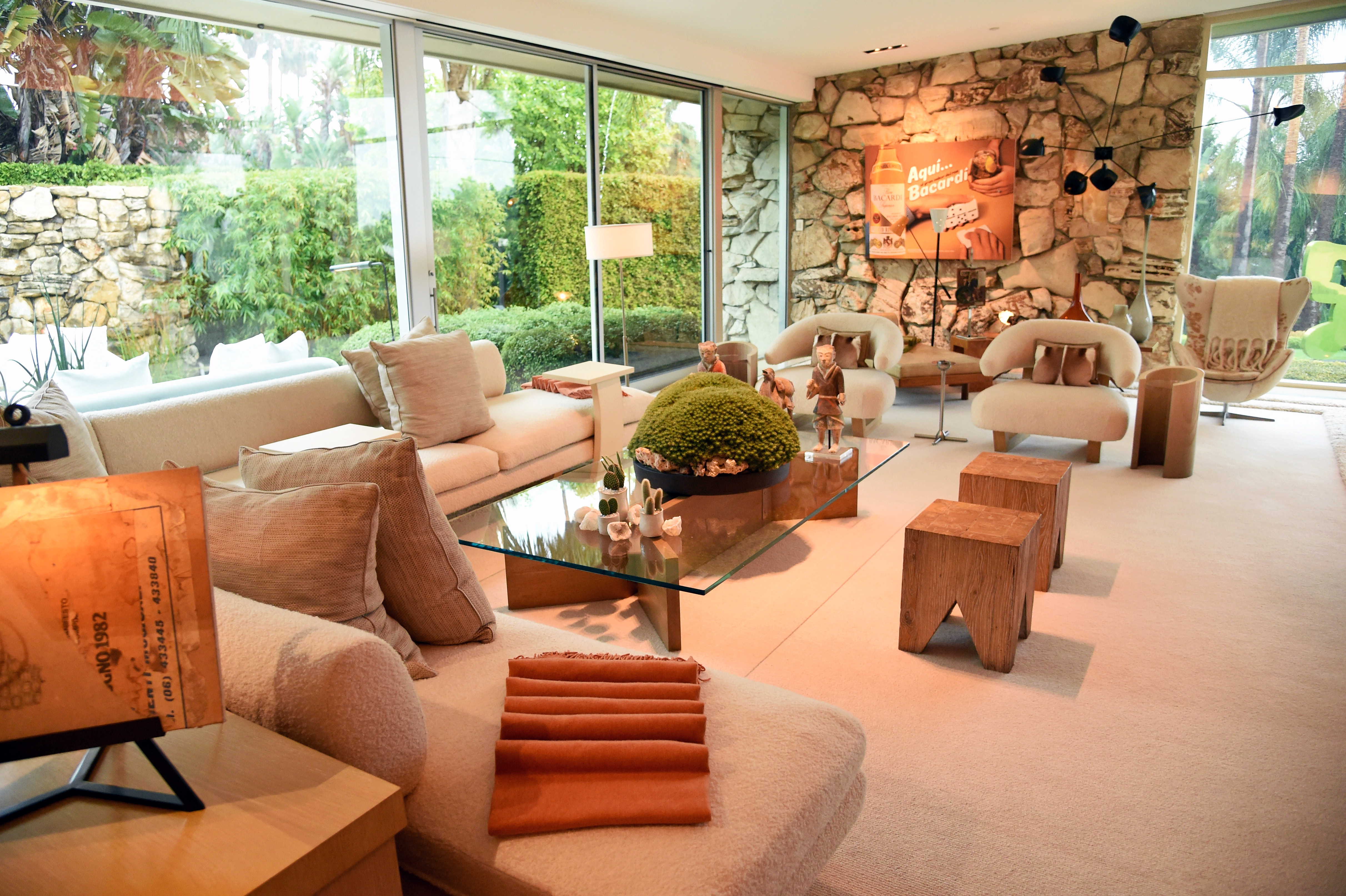The Top Non-Alcoholic Beverages, Recommended by a Sober Individual

Navigate to a Section
Increasing numbers of young adults are abandoning alcoholic substances in favor of the sober curiosity trend. Gallup's research data demonstrates that US citizens aged 18-34 are currently less likely to consume alcohol than in past decades. I am a member of this group. Two years ago, I joined in with Dry January and felt so well that I chose to continue the alcohol-free lifestyle.
Derek Brown, an author and NASM-certified wellness coach who established Positive Damage, Inc., states, "No alcohol quantity is good for health." Nonetheless, he does not rule out the possibility of maintaining a healthy lifestyle with some alcohol, he simply emphasizes that alcohol does not provide health benefits.
On the bright side, the market is presently loaded with non-alcoholic beverages, so you can still enjoy a flavorful drink during dinner or at the bar, despite abstaining from beer, wine, and spirits (even if it's just for Dry January).
Up next, I will share my preferred NA beverage recommendations from various categories and insights from numerous industry professionals. Please note that numerous non-alcoholic beverages contain minimal alcohol amounts- anything with an alcohol by volume, or ABV, of less than 0.5% is categorized as non-alcoholic. Cheers!
Tawny Lara, the co-founder of Parentheses, a novel non-alcoholic botanical beverage company, professed that Surely is her favored non-alcoholic wine brand. For red wine aficionados, the brand's alcohol-free red mix is a top-tier choice. Brown explained that Surely applies de-alcoholized grapes and also infuses teas and extracts to enhance flavor and texture in its red wine mix. Surely specifically utilizes Cabernet Sauvignon and Petite Sirah grapes for this wine, along with their organic tea blend (Puerh tea and Lapsang Souchong), French and American oak, and cocoa, resulting in a luxuriously bold flavor that closely resembles actual wine.
I have been a fan of Ghia for a few years now, it massively fulfills my longing for an Italian apéritif. Their initial bottled apéritif (they've branched out into more tastes and packaged alcohol-free cocktails) is genuinely delectable. It consists of clean components like white grape juice concentrate, yuzu juice, lemon balm extract, elderflower extract, and plum concentrate, inclusive of 0% ABV. It perfectly encapsulates the tang you come to expect from an apéritif; best when fused with seltzer (I often mingle equal parts of Ghia with three parts seltzer.)
This brand set off the non-alcoholic beer fad in recent times. Based on figures from Nielsen market data, Athletic Brewing Company is the fastest expanding non-alcoholic beer brand on the market. Numerous awards have honored this IPA, and reviewers highly praise it for its resemblance in taste to real craft beer. It includes malted barley, oats, hops, wheat, and yeast, created through the brand's special brewing method, blending together citrus, hoppy, and pine notes for an authentic IPA taste.
Sheinbaum enjoys Curious Elixirs due to the convenience of its servings in cans or bottles. In her words, "No preparation like mixing, muddling, shaking, or stirring is necessary." I have sampled numerous Curious Elixirs' NA selections, and No.1; a bitter pomegranate cocktail similar to a Negroni Sbagliato keeps me coming back. I adore the powerful flavor (no diluted taste here!), and the fact that all I need to do is pour it over ice for enjoyment.
Lara is quite fond of the Partake non-alcoholic beer brand, and their pale ale is one of their most sought-after offerings. This deep amber concoction consists only of basic ingredients; water, barley, hops, and yeast. It includes fresh, citrus flavors, courtesy of orange zest and grapefruit, alongside pine for a well-rounded brew that's perfectly bitter. FYI, like several popular NA beers, this version contains less than 0.5% ABV.
Two years ago, my first non-alcoholic spirit was genuinely remarkable in how similar it was to actual gin. This London Dry-style NA gin has a robust juniper taste, with mild notes of bitter lemon, grapefruit, and coriander in the mix too. It pairs well with flavored tonics or seltzer, and can be used to recreate classic gin cocktails alcohol-free. Personally, I tend to use it to concoct non-alcoholic gin and tonics, complementing it with Fever Tree Tonic Water.
Another one of my favored non-alcoholic spirits on my bar cart is this apple vodka alternative with less than 0.5% ABV. It's exceptionally crisp, boasting a soothing spiced apple flavor and a delicate hint of cinnamon. Mostly, I prefer the straightforward approach and pair it with seltzer and a slice of lime to allow the apple flavor to stand out. This is a typical feature in my winter mix.
Sheinbaum is a keen consumer of this alcohol-free sparkling pink wine, frequently opting to gift it and especially so during Valentine's Day. She applauds its refreshing, fruity taste, beautiful packaging and its suitability for Instagram snaps, even admitting it's a joy to photograph. The wine is produced from grapes of the Penedès region in Spain, recognized for its winemaking, and combines an exquisite balance of floral and fruity tastes.
According to Hilary Sheinbaum, author of The Dry Challenge, the premier tasting, alcohol-removed wines are from the Giesen's collection and can rival wines containing alcohol. She admits her current fondness for the brand's Riesling, a non-alcoholic (NA) white wine characterized by its light, crisp taste and traces of lime, citrus blossom, and elderflower. Despite being a de-alcoholized wine, it does carry a minimal quantity of alcohol (less than 0.5% ABV).
The Proxies’ non-alcoholic “wines” set themselves apart from others on this list, as they do not contain de-alcoholized wine. Instead, they combine a variety of juices, teas, spices, and bitters to imitate the taste and texture of wine, completely omitting alcohol. Particularly, Pink Salt offers a distinctive take on rosé. Its constituents include Pinot Blanc grapes, verjus, peach concentrate, lemon juice, strawberry vinegar, fermented sage, and a range of teas and other ingredients, such as Sichuan peppercorn, rhubarb, and sea salt.
"Verjus", a close relative to non-alcoholic wine, involves pressing unripe wine grapes harvested early in the season. I frequently enjoy Kally Orchard Sage due to its herbaceous, tangy taste, and compatibility with seafood and pasta. It is a blend of filtered water, Chardonnay verjus, organic apple juice concentrate, organic elderflower extract, organic decaffeinated green tea extract, and organic sage extract. As a plus, it is completely alcohol-free.
For enthusiasts of sangria, the alcohol-removed version from Grüvi is a must-try. Starting with California red wine, it is de-alcoholized (though trace amounts of alcohol do remain), and mixed with fruit extracts and natural flavors, lightly carbonated and canned. My preference is to sip this in a chilled glass laced with fruit chunks.
As a gluten-intolerant non-drinker, I am unable to consume anything containing gluten, including NA beer. Hop water, essentially carbonated water flavored with hops, has grown in popularity by 174% over the past year, according to Nielsen market data, is now my party choice. I particularly enjoy Hoplark Citra, a gluten-free, no trace alcohol, sugar- and carb-free drink, reminiscent of IPA due to the hop flavors.
In quest of a tequila substitute? Look no further than Free Spirits, producing an alcohol alternative that Lara considers among her top selections. Their improved version of their original recipe closely resembles tequila- a fact I can vouch for since I've enjoyed mixing non-alcoholic margaritas with it. However, this alternative does contain less than 0.5% ABV. Made with natural flavors like agave and oak, it reproduces the flavor of a reposado tequila, combining traces of oak, vanilla, and a slight spiciness.
At times, when I feel unenthusiastic about mixing ingredients for a drink, I opt for this lemon aperitivo from Abstinence, boasting 0% ABV. It tops my list of favorite non-alcoholic drinks as it comes pre-mixed. All that is needed is to serve it over ice and garnish with a slice of lemon for an extra touch. The beverage offers a dynamic lemony taste and includes South African buchu (blackcurrant).
The owner of San Francisco's second oldest saloon, Elixir, H. Joseph Ehrmann, who also serves as the chief mixology officer for Fresh Victor Cold Pressed Premium Cocktail Mixers, stated that what makes their mixers unique in the market is their usage of fresh ingredients rather than chemicals or fillers. This composition requires them to be refrigerated. When I had the chance to sample the Mexican Lime & Agave Cocktail Mixer, I understood the unique elements in it, different from the numerous shelf-stable mixers available. The aftertaste did not hint at anything artificial and had the fresh touch as if it was made by a bartender. The ingredients were quite simple - filtered water, freshly cold-pressed lime juice, organic cane sugar, and organic agave nectar. I tried combining this with Free Spirits The Spirit of Tequila Non-Alcoholic Tequila Alternative and was surprised by how much it resembled a real margarita. The entire cocktail preparation took me less than a minute.
I have tried out everything mentioned in this list, except for some non-alcoholic (NA) beers. Being a celiac disease patient, I cannot consume them as they contain gluten, so my findings in the NA beer category are based on inputs from my expert sources, their preferences, and customer reviews.
An important note from Sheinbaum is to consult with a medical professional regarding consumption of NA beverages, especially if you are pregnant, breastfeeding, planning a child, in recovery, or on medications. Though NA drinks could have up to 0.5% ABV and often include botanicals and other functional ingredients that may interact with medications or affect your mood, they are generally deemed safe. However, it is crucial to check the ingredients, particularly if the bottle claims mood-altering effects.
Sheinbaum points out the significant growth in the non-alcoholic beverage industry over the past few years, especially in the last three. Numerous non-alcoholic beverages are available in online portals like Amazon and direct to consumer websites like BetterRhodes.com that specifically offer drinks devoid of alcohol.
A useful recommendation from Sheinbaum is to commence with the flavours one generally prefers. If someone used to enjoy wine and wants to explore non-alcoholic options, it is the best substitute. While she advises keeping an open mind and experimenting with different brands, she suggests sticking to recognizable flavours and tastes to begin with. According to her, not all NA beverages maintain the same quality, with some brands still getting their basics right although there are quite a few who have done it right. Brown adds a fun element, likening the exploration journey to understanding wines or learning cocktails making. He proposes to take up a class or read articles.
While experimenting with non-alcoholic drinks, Brown stresses on enjoying the process. In his book, Mindful Mixology: A Comprehensive Guide to No- and Low-Alcohol Cocktails, he provides several recipes to help start. Ehrmann, too, offers some advice on using Fresh Victor's mixers for creating mocktails at home. Even with a simple addition of a couple of ingredients, a mixer can be converted into a well-rounded NA cocktail, such as a classic margarita by adding an NA tequila alternative to their Mexican Lime & Agave Mixer. He suggests adding a third ingredient to the mixture for complexity, additional flavour, aroma or texture, be it a carbonated beverage, egg white or aquafaba. However, he advises checking for alcohol content in bitters, typically used to add complexity of flavour.
Christina Heiser is a health writer and editor with more than 10 years of experience covering health news and trends for different online publications. She quit drinking two years ago and has since then written numerous articles about Dry January and non-alcoholic drinks, purchased a whole lot of NA beverages for her bar cart, and sipped mocktails at just about every restaurant and bar she’s visited. For this non-alcoholic drink guide, she taste-tested her way through the most popular products available and interviewed a handful of experts in this space to get their top picks. She also asked the experts featured here to share their knowledge about choosing, serving, and preparing NA drinks and answered frequently asked questions about the health and safety of consuming these beverages.




